But in the long term, actively attracting players of Vietnamese origin is considered an important direction to improve the quality of the Vietnamese women's team.

The game is not easy anymore
Just a few days before the 2026 Asian Cup qualifiers, coach Mai Duc Chung decided not to register midfielder Nguyen Hoang Nam Mi - a player living in Canada - in the list of the Vietnamese women's team. The reason given was that Nam Mi did not meet the professional requirements. Previously, some players of Vietnamese origin who are playing or living abroad such as Chelsea Le (USA) were also given the opportunity to practice with the team, but were not officially included in the concentration list.
The use of foreign-based players by some teams in the region is nothing new. The Philippine women's team is a prime example of the success in exploiting the resources of players of Filipino origin living abroad. With a core squad of players of Filipino origin trained in the US and Europe, they have continuously made historical marks, culminating in a 1-0 victory over host New Zealand at the 2023 Women's World Cup and the 2022 Southeast Asian championship - including a 4-0 victory over the Vietnamese team.
According to coach Mai Duc Chung, Cambodia, Laos and Malaysia are currently increasing their attraction of foreign football talent, showing that the competition for achievements in Southeast Asian women's football will be very fierce. Therefore, the trend of the Vietnamese women's team adding overseas Vietnamese players is inevitable. The fact that the Vietnamese team was eliminated early in the group stage of the 2023 World Cup and clearly revealed limitations in physical strength, endurance and speed further demonstrates the need to strengthen the force from external sources. And adding players of Vietnamese origin is considered a necessary solution to the problem of improving the team's level.
Requires multi-stakeholder involvement
In Vietnam, players of Vietnamese origin are increasingly showing their potential to contribute to Vietnamese football. Chelsea Le and Ashley Ton That Tram Anh are two prominent names when playing for Ho Chi Minh City Women's Club in the recent Asian Cup 1 and National Cup 2025.
Currently, the Vietnam Football Federation has created conditions for Vietnamese clubs to use players of Vietnamese origin to compete in domestic tournaments. However, so far only Ho Chi Minh City Club has implemented this and achieved certain results. From the 2026 season, the situation may be different when some clubs, in addition to hiring foreign players according to regulations, will also increase the invitation and use of players of Vietnamese origin living abroad. This is considered an evaluation channel to select talents for the Vietnam national team.
Coach Mai Duc Chung, who directly monitors and has worked with players of Vietnamese origin, affirmed: "The Vietnamese women's team always welcomes players of Vietnamese origin to return home to contribute their talents. We hope to welcome them back home to compete and prove themselves. When these players have Vietnamese nationality, they will be called up to the national team to verify their abilities."
According to football expert Phan Anh Tu, the source of Vietnamese players living abroad is not too much, but it is still a direction that needs to be exploited effectively. Besides the efforts of the Vietnam Football Federation, domestic clubs also need to participate more players strongly in finding the source of Vietnamese living abroad.
The Vietnam Football Federation also affirmed that, in order to improve the level of the women's football team as well as other men's football teams, in addition to expanding recruitment resources, it is still necessary to focus on the youth training system and create competitive tournaments. For many years, having only 6-7 units developing women's football has been a major limitation to the development of women's football in the country.
According to the President of the Vietnam Football Federation, Tran Quoc Tuan, Vietnamese football is persistent in its orientation of developing internal strength. If we want a strong national team, domestic tournaments must be of sufficient quality to nurture talent. Along with that, international friendly tournaments, promotional and communication programs for women's football tournaments also need to be carried out systematically, creating an attractive playground and motivation for the sustainable development of Vietnamese football.
The combination of expanding the pool of Vietnamese players living abroad and developing internal strength - through improving the quality of domestic leagues and the training system - will be the key direction in the coming period of Vietnamese women's football. Only then can Vietnamese women's football hope to maintain its leading position in the region before thinking further.
Source: https://hanoimoi.vn/su-dung-cau-thu-goc-viet-nang-suc-canh-tranh-cho-bong-da-nu-708162.html






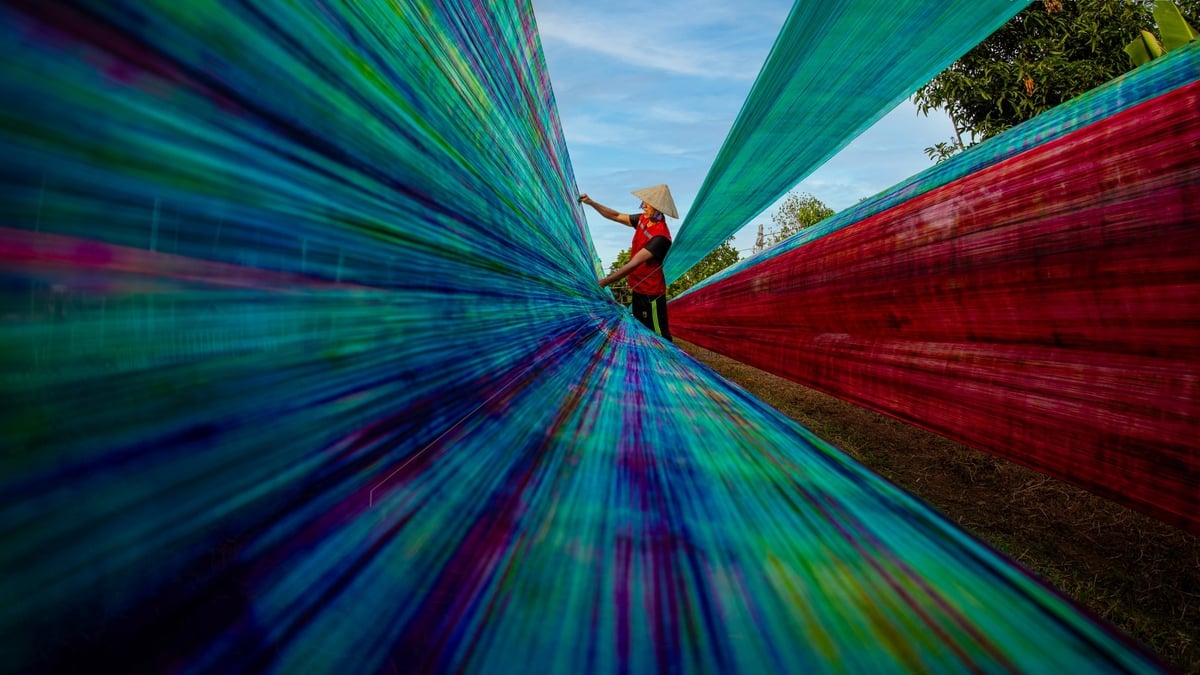



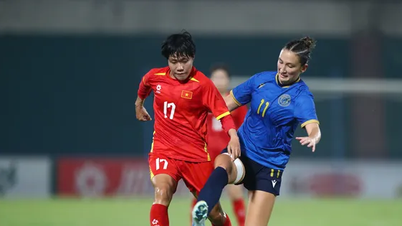

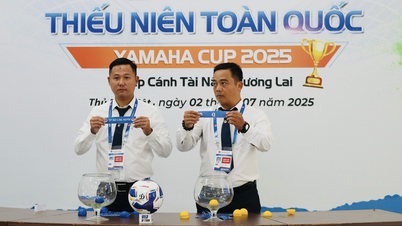

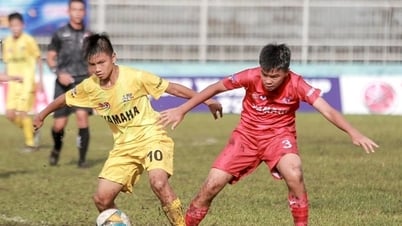

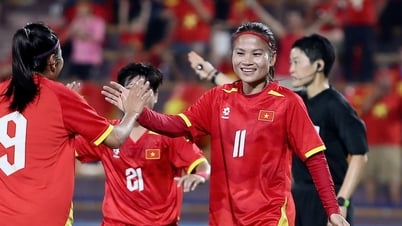
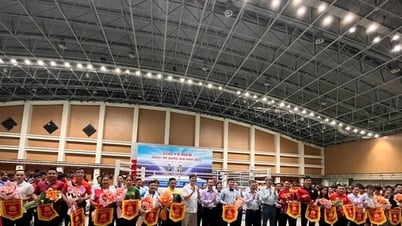
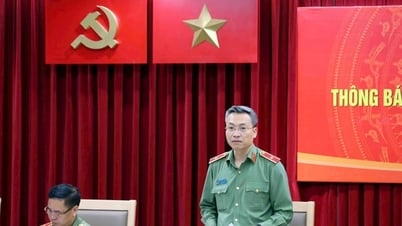
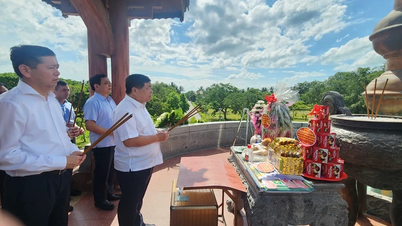

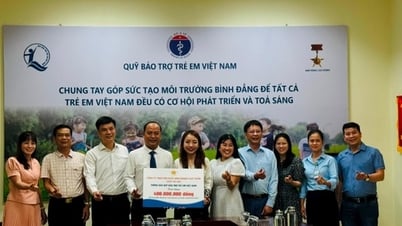
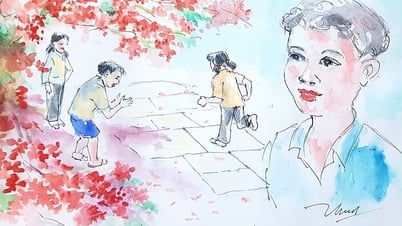

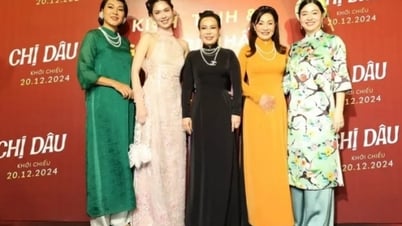





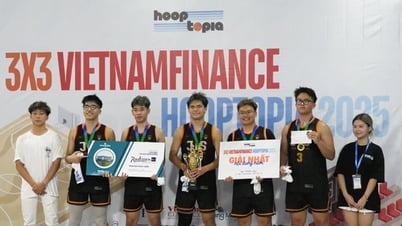

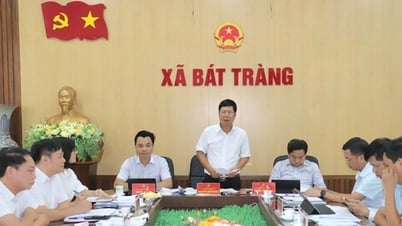
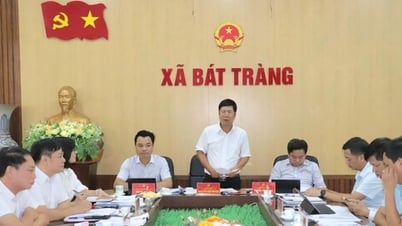



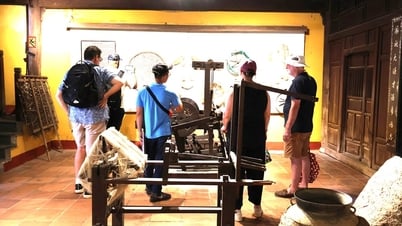

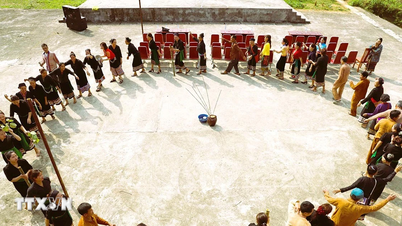
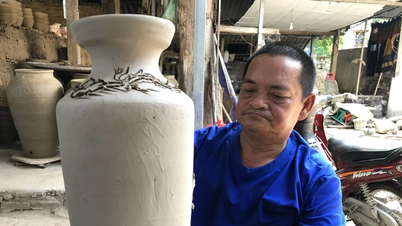

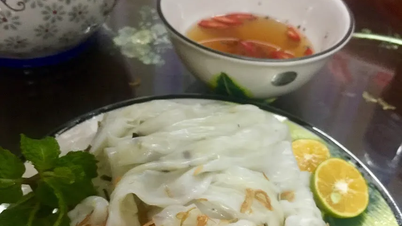

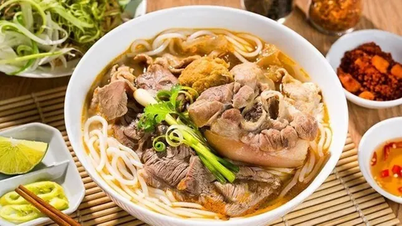
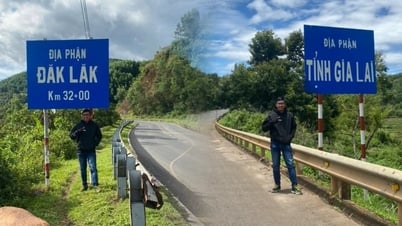

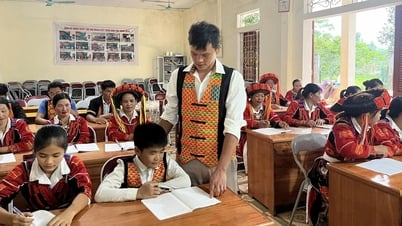

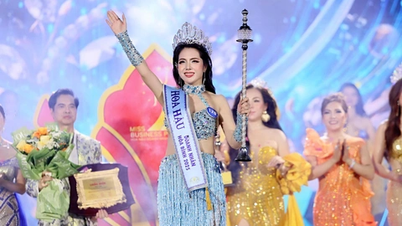
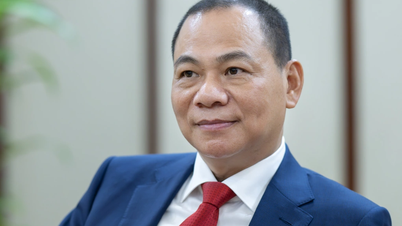



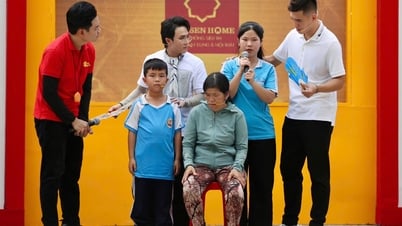

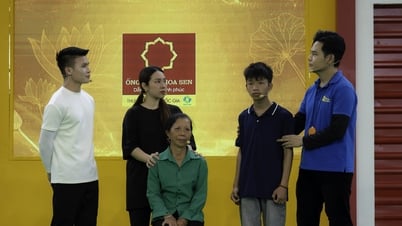
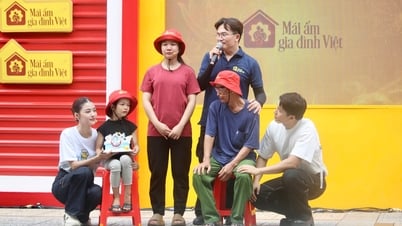


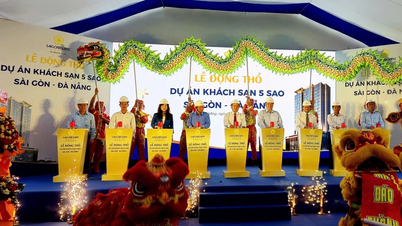
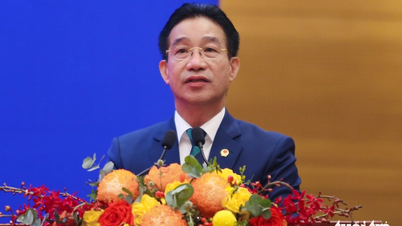
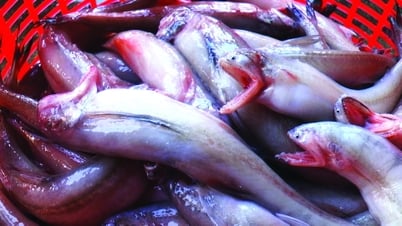



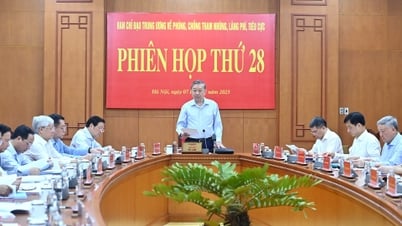

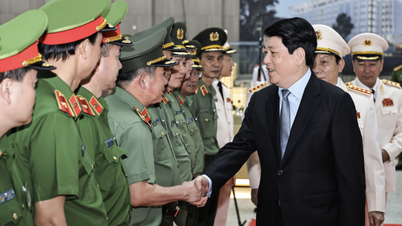
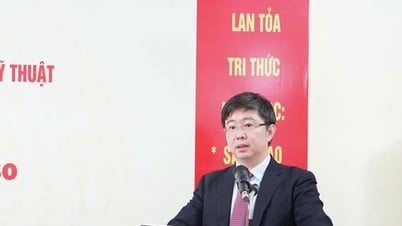



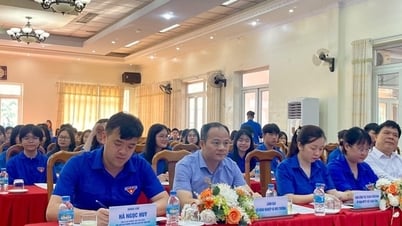
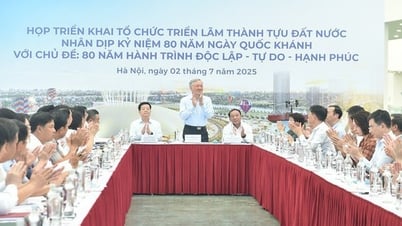
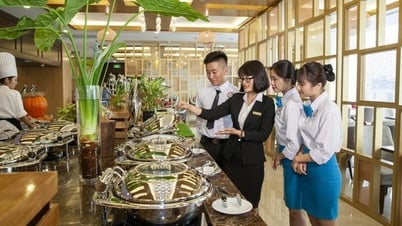

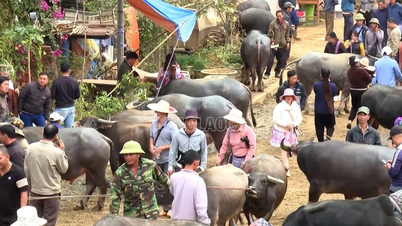

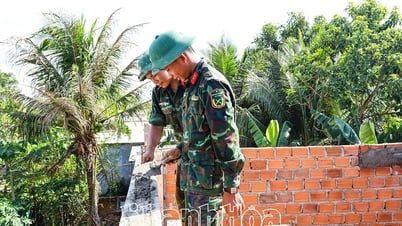

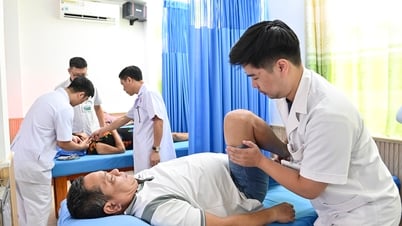
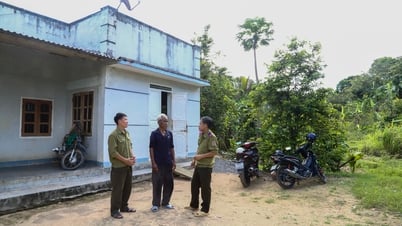


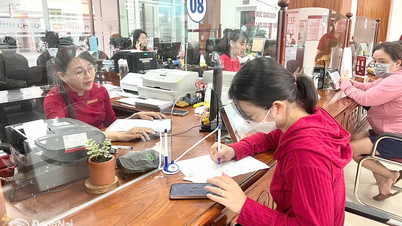










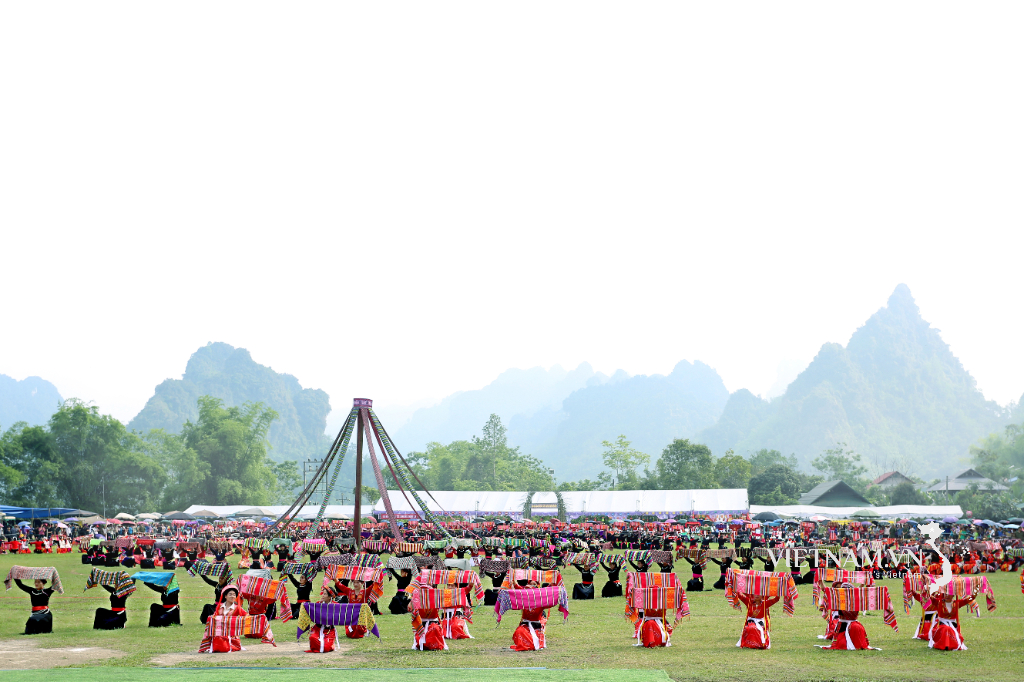
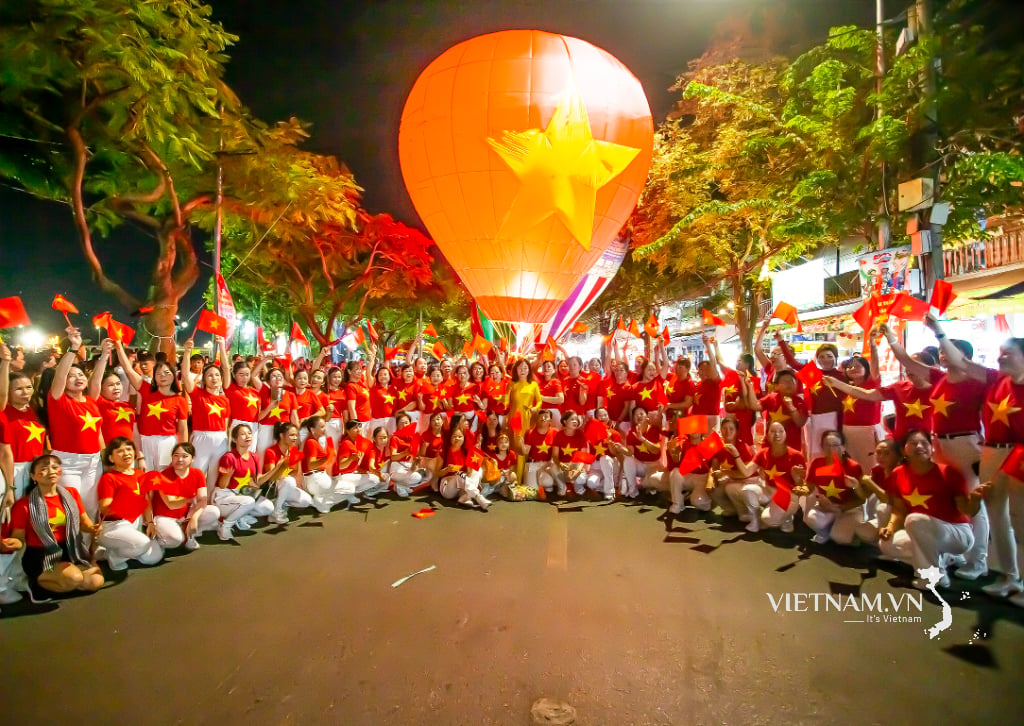
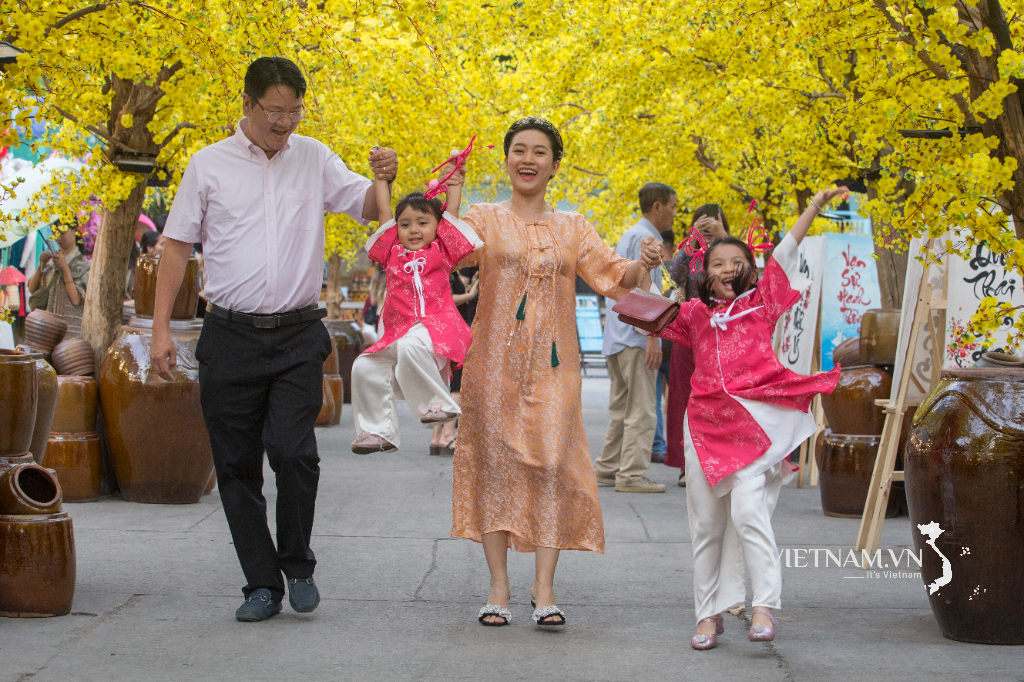
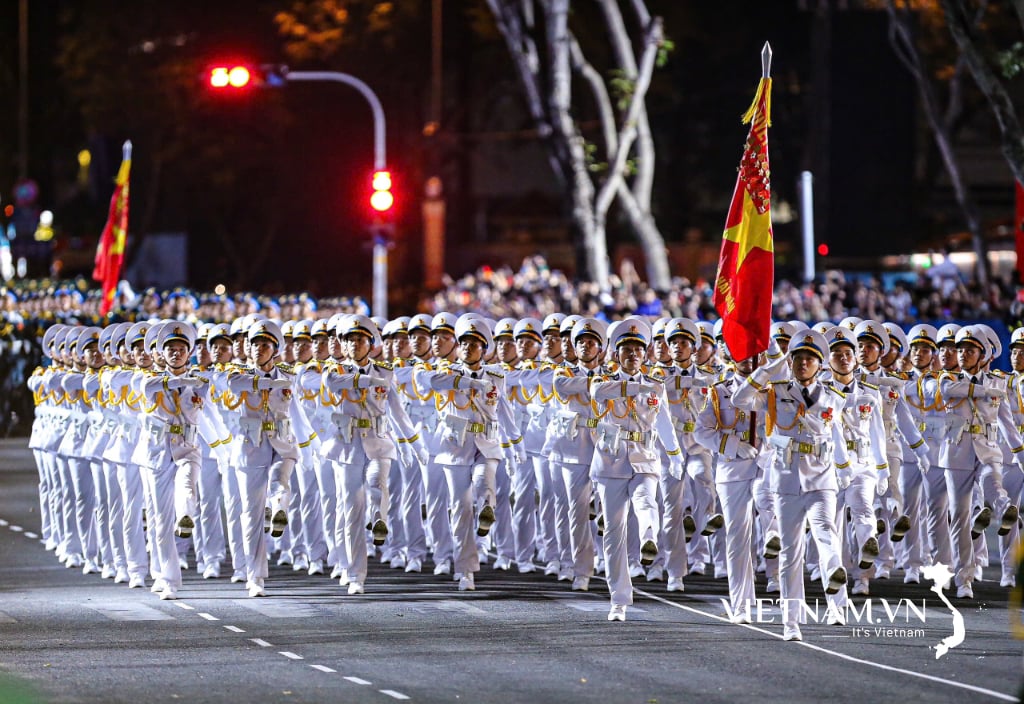
Comment (0)